Using your own nettle fertilizer is a great option
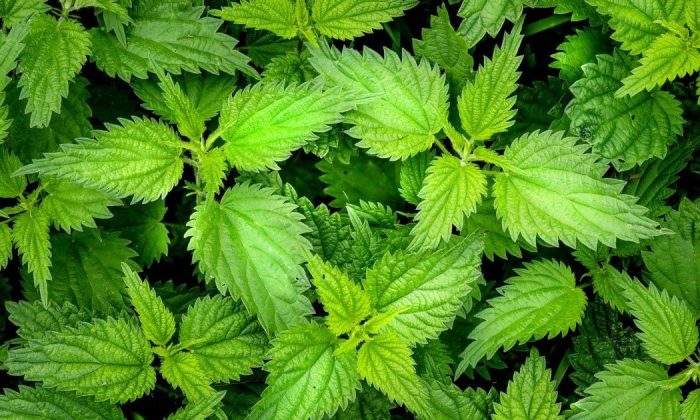
When we say an organic fertilizer, compost is the first thing that comes to mind. Yes, compost is used as a fertilizer most often. However, this is not the only option as far as organic fertilizers go, and to be honest, no fertilizer is the answer for everything. We all know that we must plow and aerate soil to get the most out of it. But did you know that ordinary nettles are also an excellent fertilizer. Does that sound strange? Well, it should not. Urtica dioica, or stinging nettle, is not only great food for geese and ducks. There are three ways how you can use it as a fertilizer and each will supply your plants with phosphorus, potassium, zinc, iron, but mainly with nitrogen.
A classic nettle compost
Compost made from nettles is literally a bomb full of nutrients. Mainly flowers will grow like there is no tomorrow if you use it. True, the actual preparation and making of such compost using only nettles is a rather demanding and lengthy process, but it is worth it.
Photo: Pixabay
Fermented nettles as watering? Well, it doesn’t have a nice aroma, but…
A nettle “mush” is great and it easy to make. All you have to do is collect finely chopped nettles into a plastic or other non-metallic container. Now, pour water in the container and let it ferment for about 3 to 4 weeks. In order to use it you need to dilute the mixture 1:30 to 1:50 with a regular water. Using this “stuff” is excellent for plants. Just know that the plants will not smell great…
Photo: Pixabay
Favorite and effective spray
Simply blend fresh nettles until the mixture is smooth – a kind of green mush or paste. Again, dilute it with water and you have a protective spray that is full of nutrients.Spray made out of nettles is very effective against harmful insects and especially against aphids because it contains histamine, serotonin and acetylcholine.
Photo: Radek Štěpán
When should you collect fresh nettles?
Basically any time during the season, but if you collect them in the spring, they will have less nitrogen. If you do it during the summer the nitrogen content will increase. In any case, your plants will love the stuff a lot.
Preview photo: Pixabay

Gardening is my hobby, I have a lot of experience and I am happy to share it.
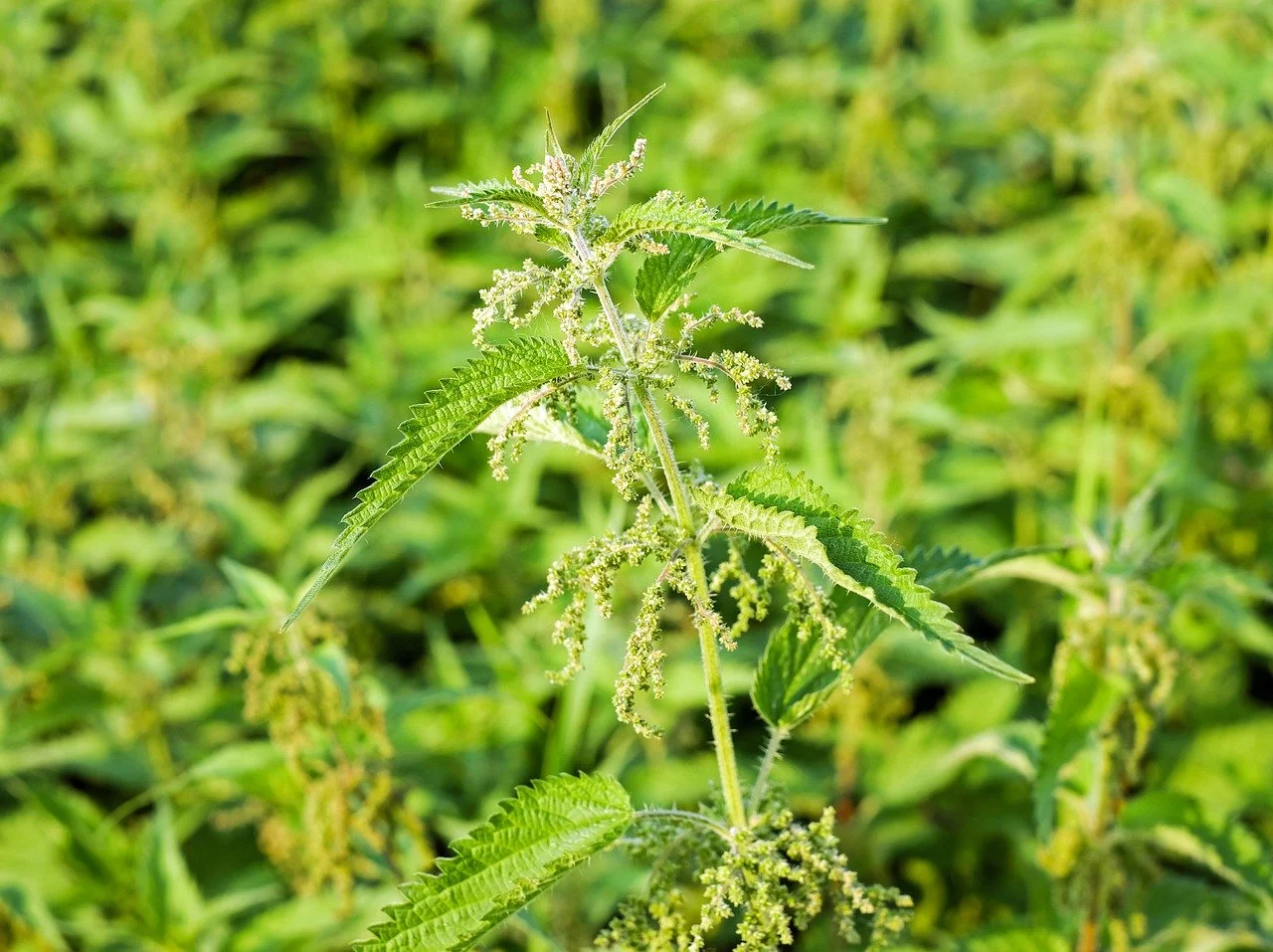
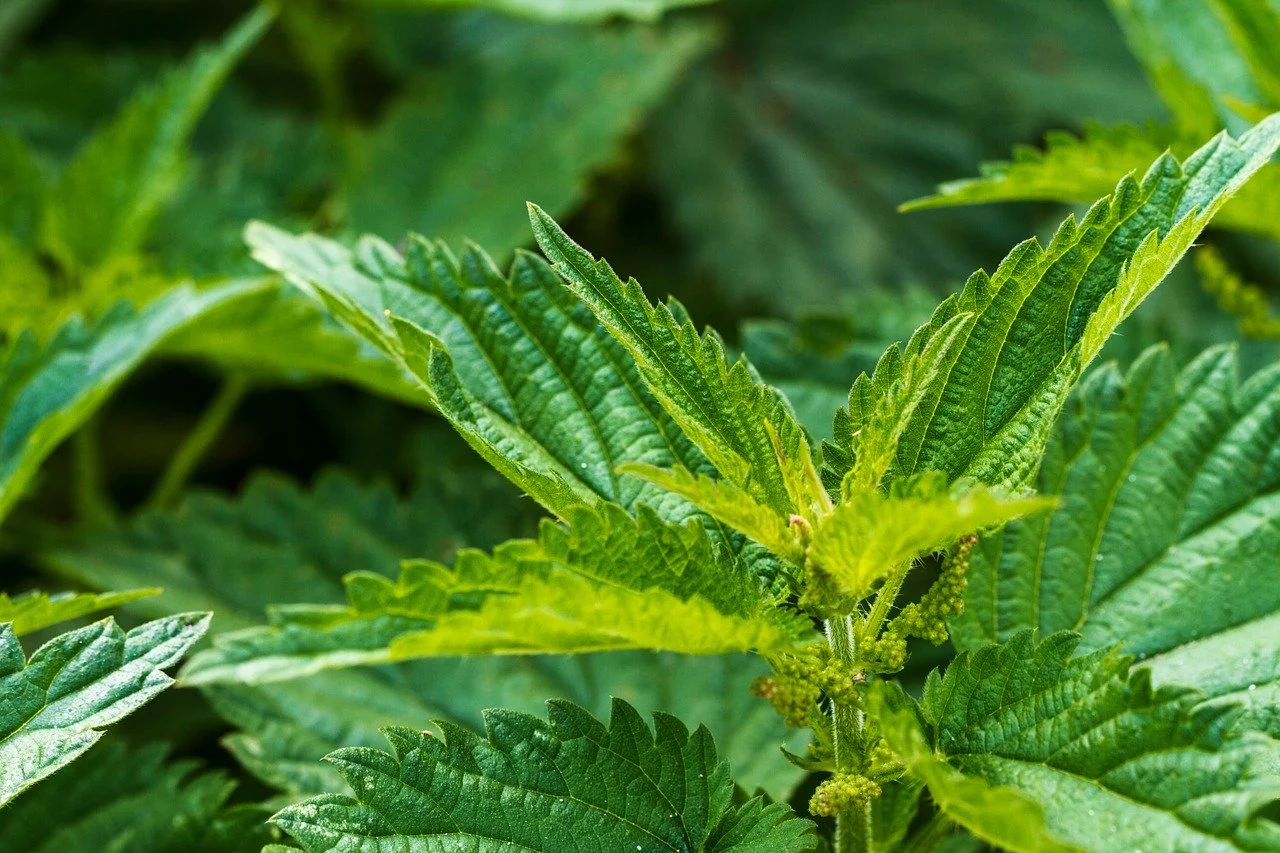
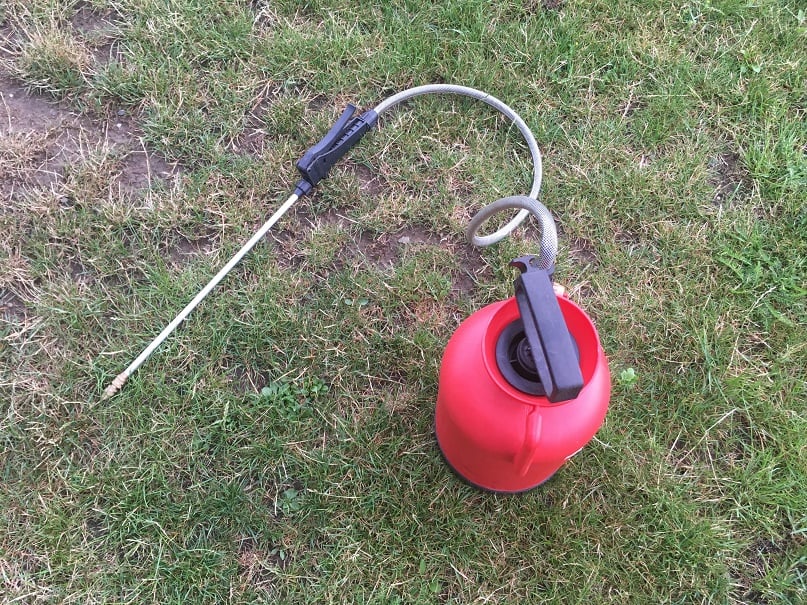


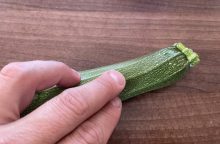
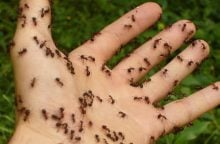

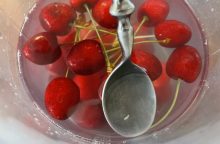
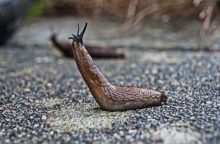

0 comments